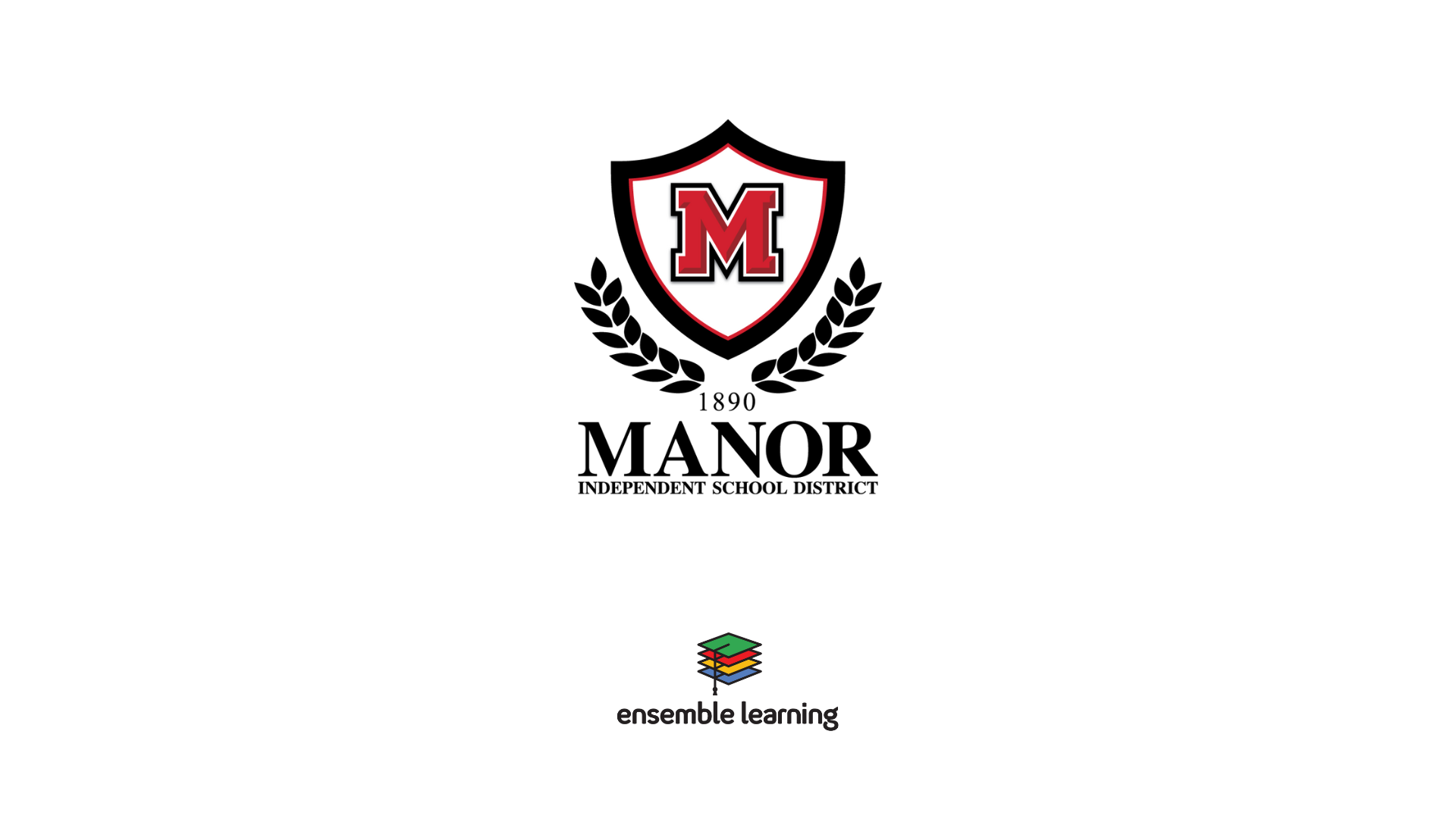A reality of teaching is that you will spend the first month or more of each school year re-teaching students things they learned the previous year. This is commonly referred to as the “summer slide”. In 2011, RAND conducted a comprehensive study of summer learning loss and found that students lose between one and three months of learning depending on their income, age, and the educational opportunities in their environment during the summer. This learning loss is compounded as students age, contributing to the achievement gaps between students from high and low income families.
There are several great ways to combat the summer slide without spending any money. Over the next several weeks we’re going to discuss a few of them. The first, and easiest to do is read. Read often. Encourage your children to read with you and without you. Ask them to read aloud and to themselves. Ask them to listen to you read. Read. Read. Read. Especially with elementary students the benefits of reading often and a wide range of things are well documented. You can pick up several books at the library on the weekends and make a reading chart. The nice thing about this is that kids can read anywhere: in daycare, at home, on a bus, in a car, on a plane, in a train (basically anywhere Sam-I-Am can have his green eggs and ham).
Reading a diversity of sources is just as important as overall reading time. If you find that your child is interested in something, try to find several books that fit that interest. For example, my 6 year old cousin is very interested in bats at the moment (he says he wants to be one when he grows up!). In this case, finding non-fiction books so he can learn about bats as well as fiction books featuring bats is a good idea. If possible, it’s great try to find other types of literature as well. Perhaps a Batman comic book or a news article about Bhargavi Srinivasulu, a chiropterologist (bat scientist) that you can read together so you can explain any difficult terms. It’s also a great opportunity to learn methods for looking up information you don’t know!
There’s so many opportunities for learning while reading, so head to your local library and stock up on those books!


